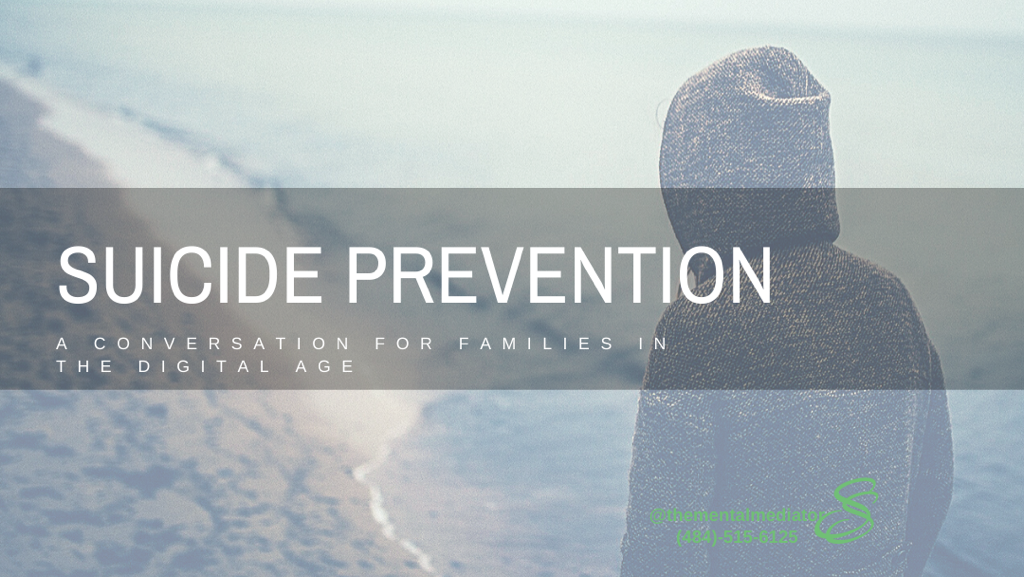|
September is National Suicide Prevention Awareness Month which is used to reach out to those affected by suicide, raise awareness, and help link those suffering from suicidal ideation to services for treatment. Last year there was nearly twice the number of suicides as there were homicides in the United States. Suicide is the 10th leading cause of death in the United States and experts project that with the onset of Covid-19 and the associated isolation and quarantine, that these numbers will increase. One particularly concerning correlation occurs with the increased use of social media to an increased number of self-reported depression and suicidal ideation. Studies have repeatedly shown us that there is a direct link between social media usage and teen depression. Although correlation does not prove causality, there are several mitigating factors that make social media platforms a breeding ground for insecurity during their most formative years. Teens are exposed to cyberbullying, trolling, and body shaming while scrolling through their feed of seemingly ‘perfect’ lives. A hyper-conscious group as is, it seems logical that teens would fall into these comparison traps. Encourage teens to follow positive social media accounts (body positive, inspirational quotes etc.) to help break up their news feed from the negativity instead of banning the social media completely. But as with social media, we cannot possibly monitor our children 24/7 which is where conversation comes in. Conversation is incredibly helpful in both the prevention and awareness of suicide. Identification and conversations before a person experiences active suicidal thought is key in the proper treatment for depression and anxiety. Though these conversations are not necessarily easy, they are important to have with children. Do not wait for a crisis to happen- talk about mental health and the options for therapy. This opens the door of communication for children and helps to desensitize the stigma of seeking treatment. Continue to check in on your child, ask how they are doing and ask if they have had thoughts of ending their life. Look for changes in your child, notice if they have had drastic changes to their sleep or appetite. Notice if they are down or seem to not enjoy any of the activities they normally love. Most importantly, ask directly about suicidal thoughts. This models that it is good to talk about serious mental health issues with a trusted person, even if your child is not experiencing active depression or suicidal ideation. Giving children the power of communication is an incredible tool that translates over to many aspects of their adult life. Communication of feelings and emotions, even if your child is feeling positively, will be noticed by their peers and may open another child to talk with yours. If your child comes to you and asks how to handle a friend feeling suicidal, urge your child to be supportive and listen to them. The next step you should explain to your child is asking if they have specifically tried to kill themselves. If they respond with ‘yes’ or ‘I am not sure’ a trusted adult should be notified immediately. Though this month brings up undeniably uncomfortable feelings, it is important to open dialogue surrounding suicide, particularly in an age where our children are exposed to so much online that is beyond our control. If you or someone you know is thinking about suicide, contact the National Suicide Prevention Lifeline at 1-800-273-TALK (1-800-273-8255), or contact the Crisis Text Line by texting “START” to 741-741.
1 Comment
2/1/2023 03:51:33
Teen depression is something that's eating our society right now. It's a silent one, that we won't even know that young people are suffering from it. I love that you share this piece as it also spread awareness to everyone. Depression is something that's often hiding away from the smiles of person around you.
Reply
Your comment will be posted after it is approved.
Leave a Reply. |
Archives
March 2024
|
